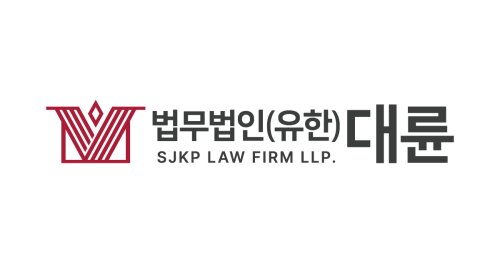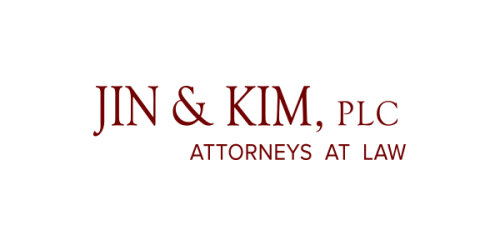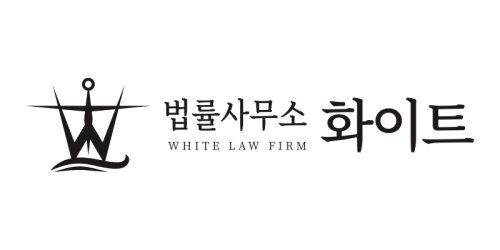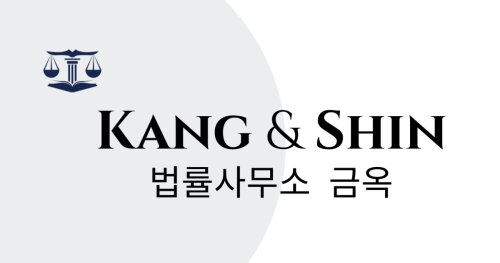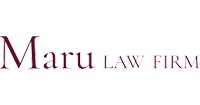Best Permanent Residency Lawyers in South Korea
Share your needs with us, get contacted by law firms.
Free. Takes 2 min.
Or refine your search by selecting a city:
List of the best lawyers in South Korea
About Permanent Residency Law in South Korea:
Permanent Residency in South Korea refers to the status granted to foreign nationals who have been residing in the country for a certain period of time and meet specific criteria set by the Korean government. This status allows individuals to live and work in South Korea indefinitely without the need for a visa.
Why You May Need a Lawyer:
Seeking legal advice from a lawyer specializing in Permanent Residency in South Korea may be necessary in various situations, such as navigating the complex application process, appealing a denied application, understanding your rights and obligations as a permanent resident, or resolving any legal issues that may arise during your time in South Korea.
Local Laws Overview:
Key aspects of local laws relevant to Permanent Residency in South Korea include eligibility criteria, application procedures, required documents, residency requirements, and potential grounds for revocation of permanent residency status.
Frequently Asked Questions:
1. How long do I need to reside in South Korea to be eligible for Permanent Residency?
Generally, you must have resided in South Korea for at least five years to be eligible for Permanent Residency.
2. What are the main criteria for obtaining Permanent Residency?
Main criteria include holding a valid visa, demonstrating financial stability, having no criminal record, and showing proficiency in the Korean language.
3. Can I work in South Korea as a Permanent Resident?
Yes, Permanent Residents are allowed to work in South Korea without the need for a separate work visa.
4. Can Permanent Residency status be revoked?
Yes, Permanent Residency status can be revoked for reasons such as criminal activities, fraudulent application, or failure to meet residency requirements.
5. Do I need to renounce my original citizenship to obtain Permanent Residency in South Korea?
No, South Korea allows dual citizenship under certain circumstances.
6. Can I sponsor my family members for Permanent Residency in South Korea?
Yes, Permanent Residents can sponsor certain family members for Permanent Residency as well.
7. What are the benefits of Permanent Residency in South Korea?
Permanent Residents enjoy various benefits, including the right to live and work in South Korea indefinitely, access to social welfare services, and the option to apply for Korean citizenship after a certain period.
8. How long does the Permanent Residency application process typically take?
The application process can vary, but it usually takes several months to complete, including document submission, review, and approval.
9. Can I appeal a denied Permanent Residency application?
Yes, you have the right to appeal a denied application within a specific timeframe and provide additional evidence to support your case.
10. Is it mandatory to hire a lawyer for Permanent Residency application?
While it is not mandatory, seeking legal advice from a lawyer specializing in immigration law can help navigate the process more efficiently and increase the chances of a successful application.
Additional Resources:
For further information and assistance with Permanent Residency in South Korea, you can contact the Korea Immigration Service or seek guidance from a reputable law firm specializing in immigration law.
Next Steps:
If you require legal assistance or have any concerns regarding Permanent Residency in South Korea, it is advisable to consult with a qualified lawyer who can provide personalized advice and representation throughout the application process.
Lawzana helps you find the best lawyers and law firms in South Korea through a curated and pre-screened list of qualified legal professionals. Our platform offers rankings and detailed profiles of attorneys and law firms, allowing you to compare based on practice areas, including Permanent Residency, experience, and client feedback.
Each profile includes a description of the firm's areas of practice, client reviews, team members and partners, year of establishment, spoken languages, office locations, contact information, social media presence, and any published articles or resources. Most firms on our platform speak English and are experienced in both local and international legal matters.
Get a quote from top-rated law firms in South Korea — quickly, securely, and without unnecessary hassle.
Disclaimer:
The information provided on this page is for general informational purposes only and does not constitute legal advice. While we strive to ensure the accuracy and relevance of the content, legal information may change over time, and interpretations of the law can vary. You should always consult with a qualified legal professional for advice specific to your situation.
We disclaim all liability for actions taken or not taken based on the content of this page. If you believe any information is incorrect or outdated, please contact us, and we will review and update it where appropriate.
Browse permanent residency law firms by city in South Korea
Refine your search by selecting a city.




